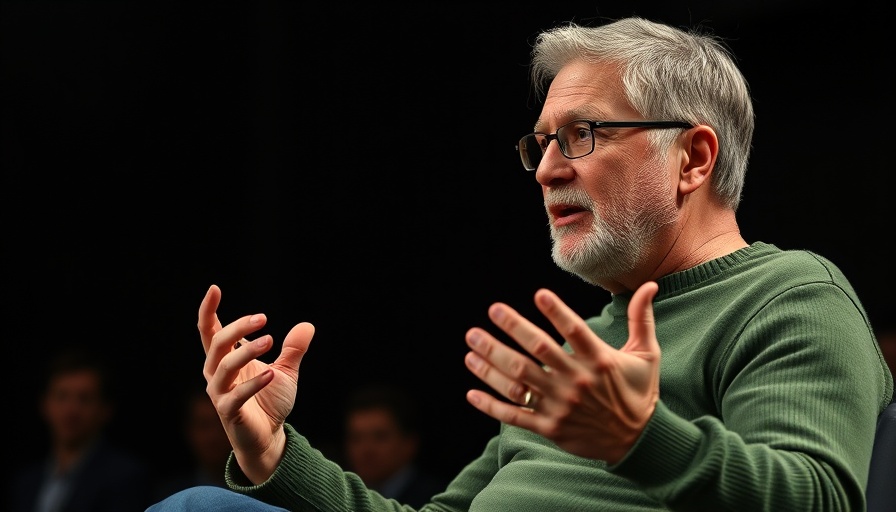
The AI Image Generation Revolution
OpenAI’s recent launch of ChatGPT’s native image generation feature has set social media ablaze, bringing to light significant legal and ethical considerations within the realm of artificial intelligence. Users can now create AI-generated images reminiscent of beloved Studio Ghibli films with just a few prompts, giving rise to a wave of creativity, memes, and, importantly, questions about copyright infringement.
Navigating the Legal Grey Area
One of the intriguing aspects of this newfound capability is its position within the murky waters of copyright law. Despite accusations from major publishers and ongoing lawsuits against OpenAI for allegedly training its models on copyrighted material without proper licensing, Evan Brown, an intellectual property lawyer, indicates that generating images reflecting a studio’s unique style does not necessarily violate copyright. In legal terms, style isn’t directly protected, which complicates the situation further. However, the specter of fair use looms large as courts grapple with whether AI training practices infringe upon rights holders' protections.
The Social Media Backlash and Support
The internet's response has been a mixed bag. On one side, the light-hearted and whimsical nature of AI-generated Studio Ghibli-themed images represents a new frontier for fan creativity. Memes featuring AI versions of public figures, like Elon Musk and Donald Trump, have flooded platforms like Twitter, showcasing how AI can be a tool for playful expression. On the contrary, many artists and creators are voicing their concerns, fearing that such features diminish the value of original artwork and could undermine their careers. The crux of the debate centers around whether AI technologies amplify artistic creativity or pose a threat to it.
Comparative Insights: Google’s Gemini Flash
Google’s recent introduction of a similar AI feature adds another layer to the ongoing discussion about AI image generation. Users took to Google’s Gemini Flash model to create similar viral moments earlier this month by removing watermarks from images, raising similar concerns about copyright violations. It appears that both tech giants are exploring the porcelain edge where innovation meets infringement. As these advancements evolve, the ongoing conversation surrounding ethical use and copyright implications becomes increasingly vital.
Future Implications for AI Creators and Artists
The current legal and societal dialogue surrounding AI-driven creativity will likely shape the future of digital art and content creation significantly. With major entities like The New York Times engaged in litigation, the outcome of these legal battles could serve to establish critical precedents for AI technologies as they mature. Moving forward, it’s crucial for organizations like OpenAI and Google to not only innovate but also develop frameworks that respect artists' rights while fostering creativity through technology.
Final Thoughts: Starting a Conversation
As AI technology continues to evolve, it’s important for individuals—creators, technologists, and knowledgeable consumers alike—to engage in this essential dialogue surrounding copyright and creativity. By voicing concerns and sharing perspectives, we can help drive the development of robust frameworks that respect original artistry while embracing technological advancement. This conversation is just beginning, and it is necessary to remain informed as new tools reshape how we consume and create art.
 Add Row
Add Row  Add
Add 




 Add Row
Add Row  Add
Add 

Write A Comment